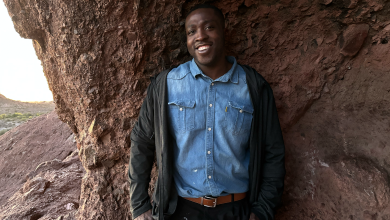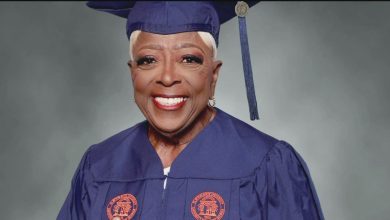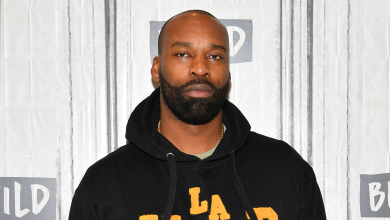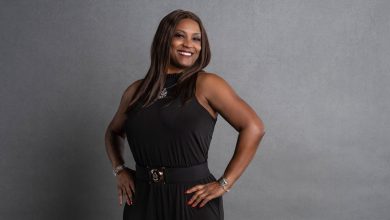10-Year-Old Sean Atitsogbe Has An Albert Einstein-Level IQ And Plans To Become A Neurocardiac Surgeon
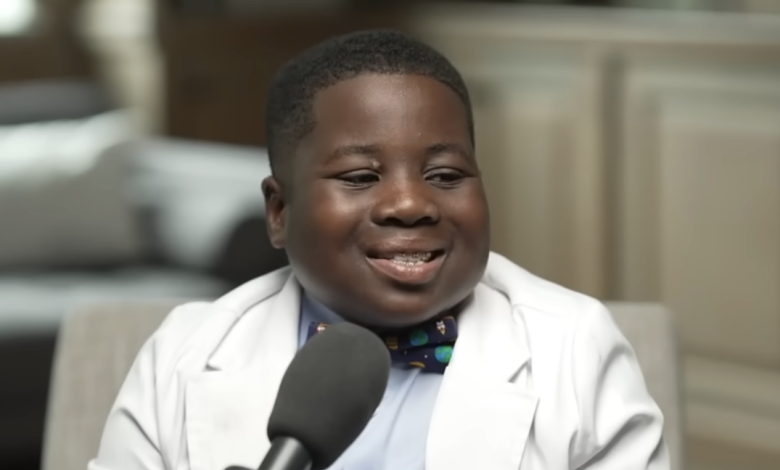

Ten-year-old Sean Atitsogbe is a genius.
With an IQ similar to Albert Einstein’s, Atitsogbe already understands concepts such as neuroplasticity, cryogenics and psychoneuroimmunology. He even created his own theory, the Graviton Quantum Sponge, which he explained in an interview with Dr. Sanjay Gupta and CNN.
“It describes the origins of the universe and tries to unify quantum mechanics and relativity. It basically says that the universe has little holes in it. These holes represent dimensions, and it’s still a work in progress. So any physicists out there don’t get any bright ideas,” he told the outlet.
Learning has always been fun for Atitsogbe. In his interview with Dr. Gupta he compared it to the scale of how most children view video games. His love for learning sparked his curiosity about the world of science. Furthermore, Atitsogbe’s intelligence showed when he was just nine months old, and by age three, his mother had already enrolled him in High Achievers Education Center Inc. He advanced to second grade quickly, as AFROTECH™ previously told you.
“I have hyperthymesia, which means I have a hippocampus that’s on steroids. And basically the second I learned something, I kind of memorize it,” Atitsogbe told Dr. Gupta.
Atitsogbe also belongs to Mensa, the high-IQ society that, according to its website, admits only those who score within the top 2% on an approved intelligence test. The organization currently has nearly 150,000 members from every continent except Antarctica.
Atitsogbe has taken to social media to discuss science with a broader community. On Instagram alone, he has 1.5 million followers as of Sept. 4. In a video shared in September, he discussed the science behind adrenaline.
Looking ahead, the young prodigy intends to become a neurocardiac surgeon.
“When I was doing research on the human body or anatomy — which was one of my favorite science subjects to study about — I found out that the brain and the heart are connected in a loop where the brain has to tell the heart to pump blood and the heart pumps blood to the brain so the brain can tell the heart to pump blood, and it’s a loop,” Atitsogbe told Dr. Gupta.
“So I thought, ‘If one is damaged, then what’s going to happen to this loop?’ So I decided to specialize my treatment in both of those,” he shared.
